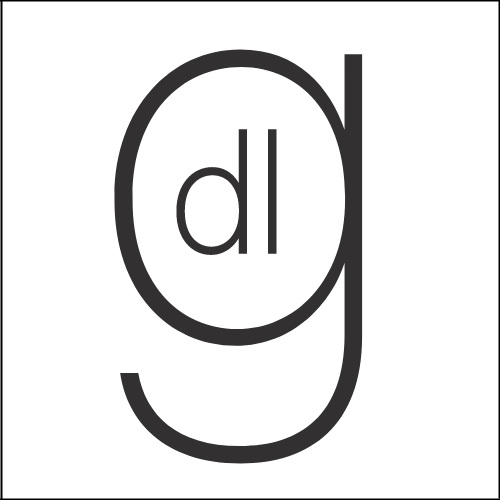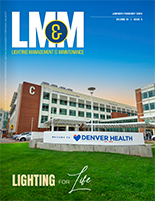MEDFORD, MA – Aug. 26, 2021 –The DesignLights Consortium (DLC) and four of its utility members were recently recognized by the US Department of Energy’s Integrated Lighting Campaign (ILC) for accomplishments related to expanding the use of advanced or integrated lighting solutions that reduce energy use, increase building occupant comfort, reduce facility maintenance, and gather useful data to support business decisions.
The ILC recognized the DLC for efforts to support acceleration of advanced lighting controls through its Networked Lighting Controls (NLC) Technical Requirements, Qualified Products List, NLC training programs and research related to the energy savings potential of NLCs. In addition, DLC utility members Con Edison, Consumers Energy, Seattle City Light, and Xcel Energy received recognition for supporting the ILC through energy efficiency (EE) incentives and related programs. The ILC will highlight these and other projects during a webinar at 1 p.m. EDT on September 2.
“The DLC is committed to expanding support for NLCs and the largely untapped value they can deliver for energy savings and carbon reduction, as well as building intelligence,” DLC Executive Director and CEO Christina Halfpenny said. “We are proud of these innovative DLC members who have been recognized for promoting advanced lighting controls that improve efficiency and performance.”
“The ILC appreciates the efforts of exemplary supporters, like DLC, to encourage the use of advanced lighting controls and the integration of lighting with other building systems. The DLC was instrumental in recruiting partners and submittals for recognition in our inaugural year of the campaign, thus helping support the ILC and its goals,” said Felipe Leon, the ILC team lead and an electrical engineer at Pacific Northwest National Laboratory.
Highlights of DLC utility member efforts recognized by the ILC include:
- Con Edison in New York has provided $3.1 million for NLC projects since 2018, incentivizing projects in approximately 130 buildings, and producing energy savings of about 4.7 million kilowatt hours (kWh).
- Consumers Energy in Michigan has paid nearly $9.8 million in EE program incentives for NLCs since 2015, incentivizing NLC systems in approximately 115 facilities, and saving nearly 60 million kWh of electricity.
- Seattle City Light has paid over $100,000 to incentivize more than 2,000 fixtures controlled with NLCs at ten sites, with an additional 2,500 fixtures in the pipeline. In total, 35 projects completed and in process at 18 sites are estimated to save over 2.7 million kWh of electricity.
- Xcel Energy has provided $200,000 in rebates for NLCs in Colorado and $736,000 in Minnesota since 2018, incentivizing 85 systems that have saved over $1.1 million kWh of electricity in Colorado and over 5.5 million kWh in Minnesota.
For more about the campaign and to register for the ILC’s September 2 webinar, visit: https://integratedlightingcampaign.energy.gov/
###
About the DesignLights Consortium: The DesignLights Consortium® (DLC) is a non-profit organization whose mission is to achieve energy optimization by enabling controllability with a focus on quality, people, and the environment. The DLC promotes high-quality, energy-efficient lighting products in collaboration with utilities and energy efficiency program members, manufacturers, lighting designers, and federal, state, and local entities. Through these partnerships, the DLC establishes product quality specifications, facilitates thought leadership, and provides information, education, tools and technical expertise.
About the Integrated Lighting Campaign: The Integrated Lighting Campaign is a collaborative initiative of the US Department of Energy and its partners to accelerate the adoption of advanced lighting controls and the integration of lighting with other building systems.



